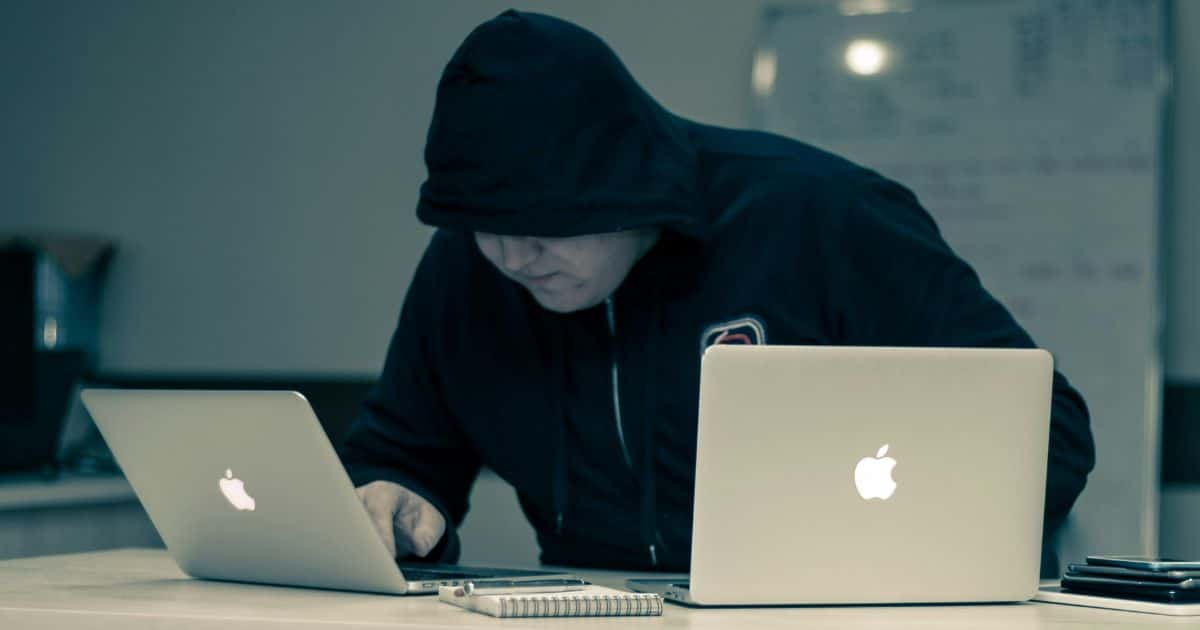With each passing day, hackers are finding creative ways to target users. Be it an MFA bombing attack or a fake LastPass app on the App Store. In the latest one, scammers seem to be using a fake version of CleanMyMac X, a well-known Mac management and cleanup tool from MacPaw, in an attempt to obtain your personal data, including passwords.
To facilitate the more efficient execution of its intentions, it may also acquire information about the compromised machine, such as browsing through files and noting security precautions.
MacPaw has a cybersecurity section called Moonlock. During an investigation, they discovered a malware called CleanMyMac, posing as the authentic version.
In a blog post, MacPaw and Moonlock described the investigation’s findings and pointed out that counterfeit websites weren’t the only means of distributing the fake CleanMyMac software installer. It also says that the scammers hacked YouTube channels to trick people into believing that the software is genuine.
To avoid such scams, we recommend downloading the software only from legitimate sources or the App Store to avoid fake copies. Moreover, you should check the website’s URL for legitimacy before downloading, looking for typos or dubious domain names.
For instance, the official MacPaw website is macpaw.com, not macpaw.net or macpaw.org.
Additionally, the site advises you to regularly scan your Mac and remove any threats with a reputable antivirus or Mac cleaner program, like CleanMyMac X with the Moonlock Engine. Moreover, maintaining software updates, including installing the most recent macOS upgrades, is crucial to guaranteeing access to the most recent security measures.
A crucial security precaution is to perform routine system scans and updates with trustworthy antivirus or cleaning software, such as CleanMyMac X with the Moonlock Engine. By using these tactics, your defenses against these kinds of attacks can be greatly strengthened.
